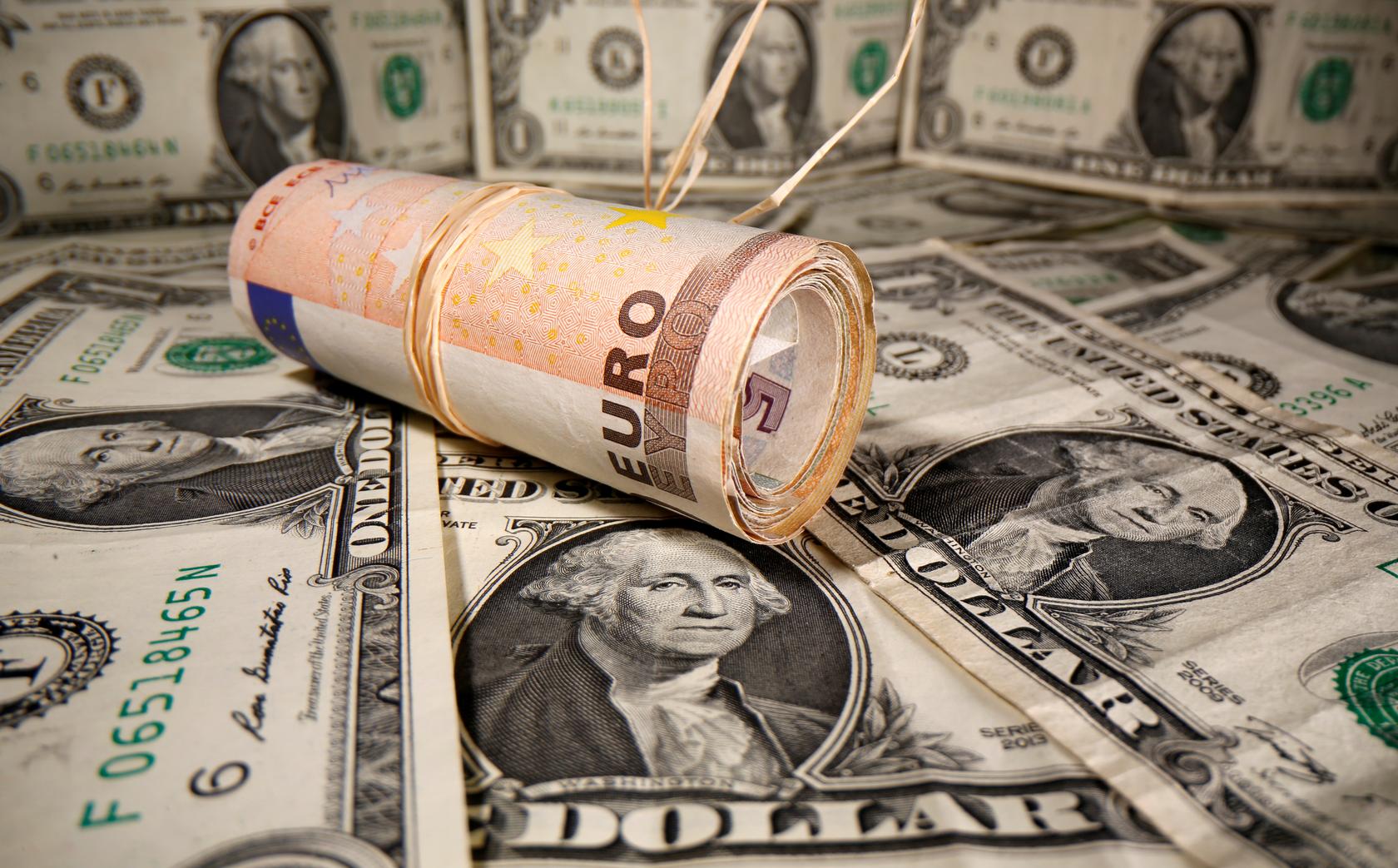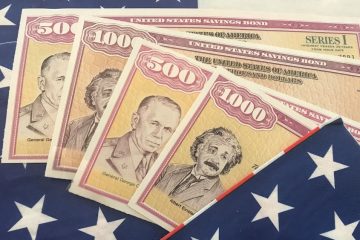Dollar rises despite drop in yields; data, lockdowns weigh on stocks

Stocks and oil prices fell on Friday pressured by intensifying lockdowns and weak U.S. retail sales data, while the dollar was on track to post its strongest week in over two months.
U.S. bond yields and stocks had risen recently partly on the back of expectations of the rollout of coronavirus vaccines and on a massive stimulus plan by the incoming Democratic administration. President-elect Joe Biden on Thursday unveiled a $1.9 trillion fiscal plan.
But vaccinations have been slower to administer than expected and the prospect of stricter lockdowns in France and Germany, as well as a resurgence of COVID-19 cases in China, weighed on market sentiment.
“I feel that after all the optimism regarding vaccines, we are now living the reality of a very slow rollout, which is weighing heavily on business activity,” said Juan Perez, senior currency trader at Tempus Inc in Washington.
“Until we have more guarantees on the medical front, markets will not continue to flourish despite whatever financial aid may be on the way,” Perez said.
The dollar gained alongside Treasury yields against the euro and Sterling, while the yen was little changed.
Stocks fell but remained close to recent record highs, with investors also digesting the prospect of rising taxes to pay for the plan.
“Spending is easy to do but the question is how are you going to pay for it? Markets often ignore politics but they don’t often ignore taxes,” said Tim Ghriskey, chief investment strategist at Inverness Counsel in New York.
The Dow Jones Industrial Average fell 113.15 points, or 0.37%, to 30,878.37, the S&P 500 lost 20.37 points, or 0.54%, to 3,775.17 and the Nasdaq Composite dropped 75.21 points, or 0.57%, to 13,037.43.
The pan-European STOXX 600 index lost 1.01% and MSCI’s gauge of stocks across the globe shed 0.74%.
Emerging market stocks lost 0.92%. MSCI’s broadest index of Asia-Pacific shares outside Japan closed 0.67% lower, while Japan’s Nikkei lost 0.62%.
Yields were also pressured lower by a weaker than expected reading in U.S. retail sales.
“This morning’s disappointing retail sales figures reinforced the idea that more stimulus will be needed,” said Ian Lyngen, head of U.S. rates strategy at BMO Capital Markets in New York.
U.S. 10-year notes last rose 11/32 in price to yield 1.092%, from 1.129% late on Thursday. Despite the weekly decline in the benchmark yield, it was set to close a second week above 1%, a streak not seen since before the lockdowns took hold.
Italian benchmark yields were set to post their largest weekly advance since October. Prime Minister Giuseppe Conte resisted calls to resign on Thursday after a junior coalition party led by former premier Matteo Renzi pulled out of the government on Wednesday and stripped it of its majority.
Oil prices fell sharply on concerns that demand would be lower as COVID-19 continues to rage globally.
“The recent resurgence in coronavirus infections, appearance of new variants, delayed vaccine rollouts and renewed lockdown measures in most major OECD economies has clouded the economic and demand recovery,” said Stephen Brennock of oil broker PVM.
U.S. crude recently fell 2.63% to $52.16 per barrel and Brent was at $54.94, down 2.62% on the day.
The dollar index rose 0.458%, with the euro down 0.55% to $1.2089, while Sterling was last trading at $1.3594, down 0.68% on the day.
The Japanese yen weakened 0.03% versus the greenback at 103.83 per dollar.
Spot gold dropped 0.9% to $1,829.65 an ounce. Silver fell 3.14% to $24.73.
Bitcoin last fell 8.75% to $35,710.80.



